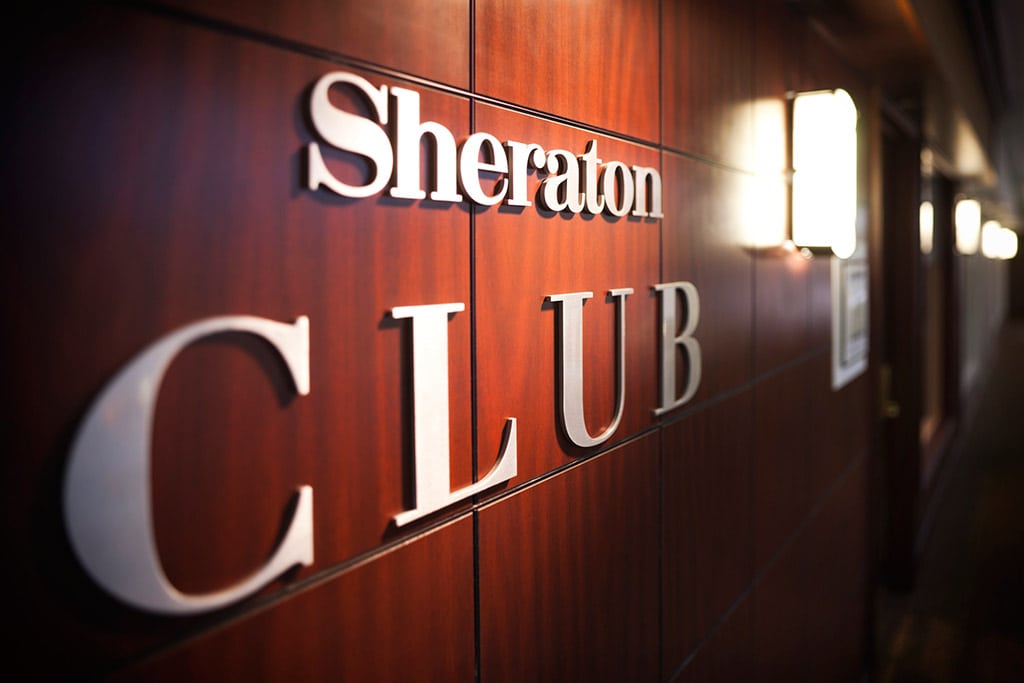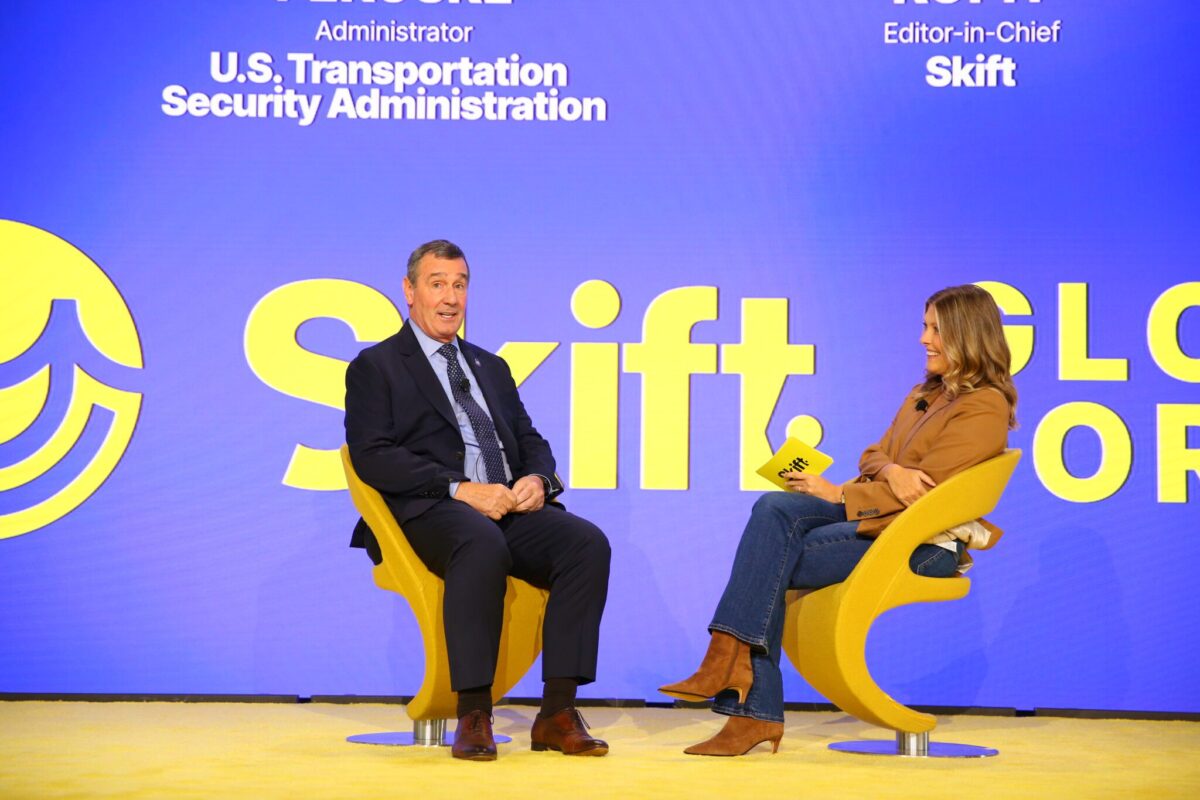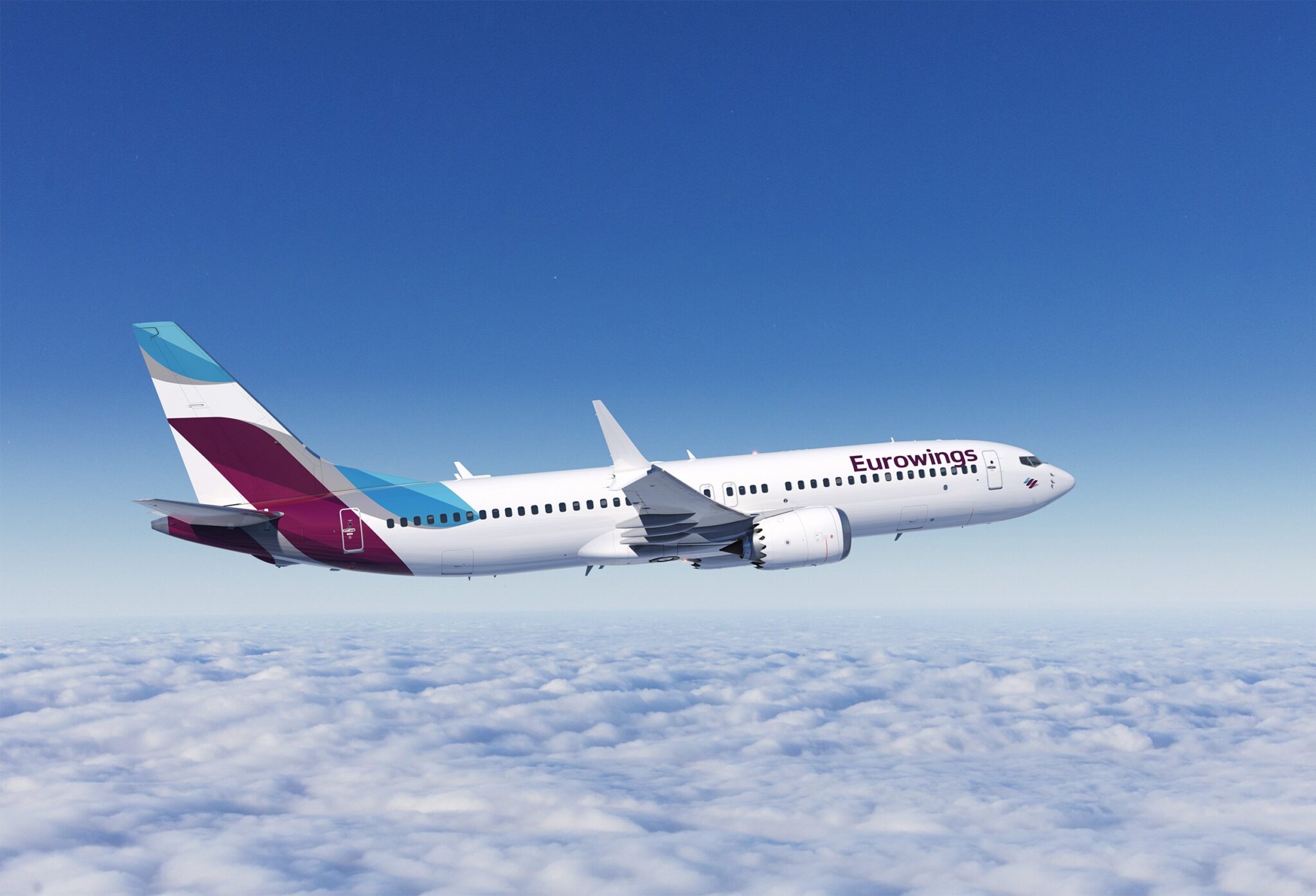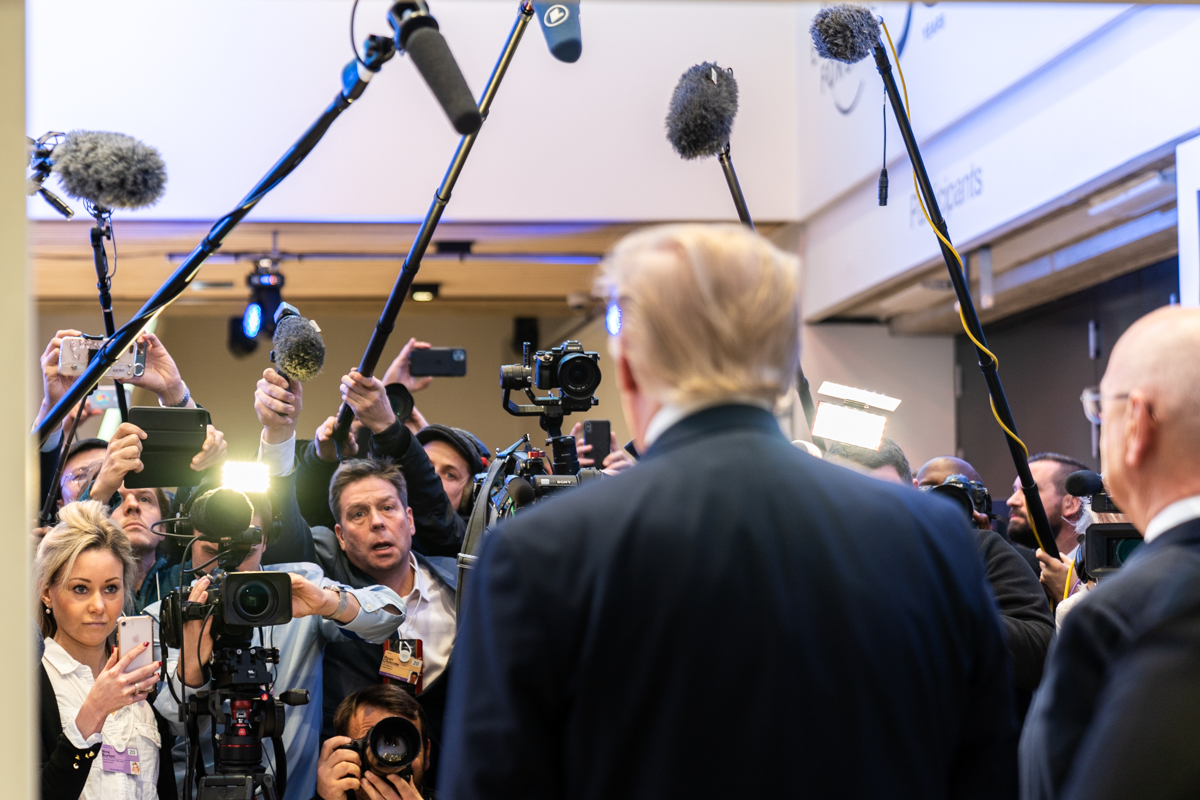Will Marriott Be Able to Top Anbang's Offer for Starwood?

Skift Take
Starwood Hotels & Resorts announced today that it would accept an offer to sell the company to a group led by Anbang Insurance Group, rejecting a deal it made in November with Marriott International.
Marriott is now in the position to consider a counter offer. But can it, or will it, actually present an offer to Starwood that's better than Anbang's binding and fully financed one? That's the big question on everyone's mind.
Today, Starwood said it is accepting a "Superior Proposal" led by Beijing-based Anbang Insurance Group to acquire the company for approximately $13.2 billion. The all-cash bid from Anbang, J.C. Flowers & Co., and Primavera Capital, is a 14- to 22-percent premium on what Marriott International initially offered to Starwood in November — $12.2 billion, mostly in stock.
Now, Marriott has until 11:59 p.m. ET on March 28 to counter-offer if it wants to keep that merger agreement with Starwood. If Starwood decides to proceed with the takeover bid from Anbang, Marriott will receive a $400 million termination fee.
Marriott representatives declined to add further comments to a release issued this morning. The statement reads:
"Marriott continues to believe that a combination of Marriott and Starwood is the best course for both companies and offers the best value to Starwood shareholders. Marriott is in the process of reviewing the Anbang consortium's proposal and is carefully considering its alternatives. The company is considering postponing its Special Meeting of Stockholders which is currently scheduled for March 28, 2016. Marriott has no further public comment at this time."
So, what will happen next? Marriott will likely counter, but it may not be enough to keep Starwood.
In an investor's note issued today, David Loeb, managing director and senior real estate research analyst for Milwaukee-based Baird Equity Research, wrote: "While we expect Marriott to counter the consortium's proposal, we believe Marriott will remain disciplined, and it appears increasingly likely, in our opinion, that Starwood will be acquired by the consortium."
"I think Marriott has the financial capacity and wherewithal to increase their bid," said Stephen Boyd, senior director for Fitch Ratings. "But it'll come down to what makes the most economical sense for them. They have a strong financial position and could be likely to prevail—if they chose to."
Marriott may be wondering now if it was the right decision to offer mostly stock to Starwood, instead of cash, back in November. "At the time of the initial merger, analysts were asking Marriott why they wanted to do this mostly stock offer, and Marriott said they wanted to be in the best financial position to realize the benefits of the merger," Boyd said. "If Marriott returns to the numbers now, and they have to pay more than they thought they would, they'll have to consider using debt to fund that increased portion of the bid."
"I think the first thing Marriott has to decide is would they rather have $400 million and not do the deal, or raise their price and expense and try to accomplish the deal," Marc A. Magazine, executive managing director of Savills Studley’s Hospitality Group told Skift. "And who's to say Anbang won't raise their bid if Marriott does sweeten their offer?" Magazine also believes Marriott's initial price for Starwood was "a tad undervalued."
Loeb believes Marriott will do something — but that Marriott probably won't be able to necessarily match Anbang's offer in terms of monetary value. He predicts Marriott will counter, but that its offer will likely be less than Anbang's $78-per-share bid. Marriott hasn't yet canceled its March 28 shareholder meeting, but Loeb believes the company is unlikely "to engage in a protracted bidding war," although Starwood has already postponed its shareholder meeting.
Starwood's board of directors needs to decide, ultimately, what's in the best interests of its shareholders: more cash right now, or more scale and muscle against online travel agencies and competing hotel companies in the future.
"The Starwood board has to weigh the difference between Marriott stock and all cash," Loeb told Skift. "The shares that would be issued by Marriott for Starwood are shares in the combined company. They have to evaluate the long-term value of that combined company and determine if it's worth more than the cash being offered by Anbang today. That's not an easy calculation to make."
What This Means for the Overall Hotel Industry
The fact that Marriott and Starwood stocks have surged in price — as did other stocks for Hilton and La Quinta — since news broke this morning is a clear sign that hotels are well, a hot commodity, and we can expect plenty more mergers and acquisitions in this space going forward.
"If hotel values increase because of this, and the market looks at what Anbang is paying and where hotel valuation should be, it should be more expensive to acquirers," said Boyd. "There's a lot of interest among investors for hotel companies, especially from China-based investors like Anbang."
Loeb says that hotel stocks last year were down close to 30 percent for the year but this year is a different story: money is flowing back. "The stocks were too cheap, people have realized the cycle wasn't over, and they realized there were private investors like Anbang who were willing to put a pretty substantial stake into the hotel business."
Anbang's offer, as well as the fact that it sweetened its deal from $76 per share to $78 per share, demonstrates the consortium's serious commitment to purchasing Starwood for its brands and approximately $4 billion in prime real estate. That Anbang is also close to closing a deal with Blackstone to purchase 16 U.S. luxury hotels for an estimated $6.5 billion demonstrates its desire for U.S. hotel real estate even further.
"I think this shows that international investors have great confidence in the U.S. market, and they have great confidence in U.S. hotel brands," said Tom Baker, corporate managing director of Savills Studley’s Hospitality Group. "Anbang is buying a major hotel company that's not only a real estate company but is also an operating company. This isn't like their purchase of the Waldorf-Astoria where they bought a big piece of New York real estate."
"They're now a huge player in the U.S. hotel and real estate industries," added Magazine.
Loeb says that more consolidations are to be expected in the hotel space. "We've already seen consolidation among hotel operators," he said, noting Marriott's wooing of Starwood and AccorHotels' acquisition of Fairmont-Raffles Hotels International (that particular deal is set to close in June). "There may be signs of consolidation among hotel owners, too. Stay tuned."
Until March 28, we'll just have to wait and see what happens next but if one thing is clear from the past week, it's this: No deal is ever really done until it closes.




